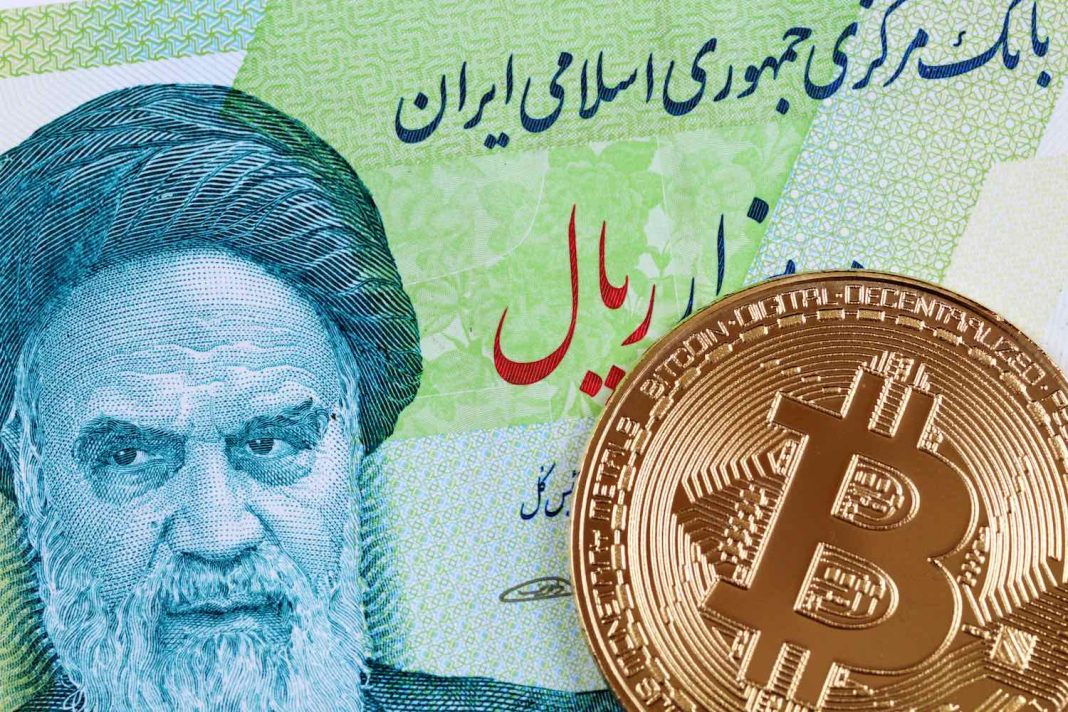In America, cryptocurrency has yet to truly earn its legitimacy. While markets for currencies like bitcoin are becoming increasingly more popular and brushing strongly against the mainstream, banks are still leery about their stability and their worth as a fairly traded currency. But some nations are increasingly seeing the value of cryptocurrency, and it could raise significant concerns about international trade and geopolitics regarding nations that are under censure by their peers. Iran’s attempt to skirt United States oversight could lead to a tense showdown and redefine how cryptocurrency is viewed on an international scale.
Accorhis new cryptocurrency, allegedly backed by the Iranian state, is rumored to be announced in Tehran the last week of January. The report was made by Al Jazeera. While a nation officially endorsing a cryptocurrency could seem like an exciting step forward for investors, Iran’s relationship with the United States could seriously complicate matters. The United States government reinstated sanctions against the Middle Eastern state in November, and many see this move by Iran as a potential attempt to skirt around the financial restrictions resulting from these sanctions.
Presumably, this new form of currency would serve as an alternative payment system to SWIFT. Otherwise known as Society for Worldwide Interbank Financial Telecommunication, SWIFT has long been one of the most prominent transactional networks for most international banks, but many Iranian banks have been locked out of the network due to the ongoing sanctions. While the rise of blockchain has created some fierce international competitors for SWIFT, the company has made moves of their own to incorporate blockchain into their infrastructure, and there’s little sign that they’re going to be falling to the wayside anytime soon.
But the rumored announcement from Iran comes with a number of questions. Some are skeptical that such a cryptocurrency would be used on such an international scale, but it could still serve to ease economic troubles by being implemented as a currency for consumer payments. Other countries under international scrutiny – notably Russia and Venezuela – have already announced their intentions to release their own cryptocurrency. Venezuela’s currency, known as the Petro, has already entered circulation.
Regardless of Iran’s intentions with this new cryptocurrency, and regardless of the international issues it may create, it’s unlikely that such a currency would come to compete with such major players as bitcoin. It’s regional nature would make it a specialized currency for specialized issues rather than a contender that could operate on the global markets.






